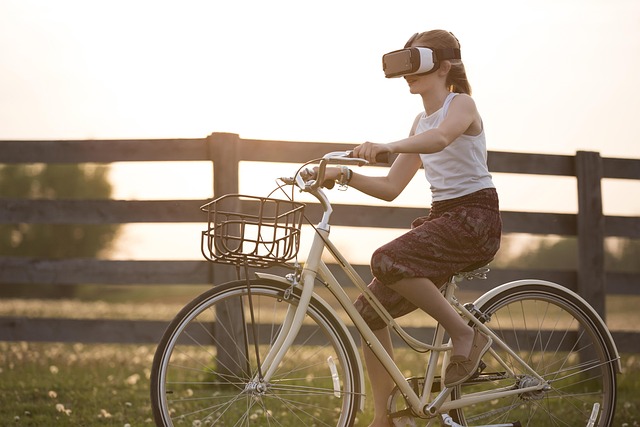In recent years, docu-reality shows have carved a significant niche within the entertainment industry, blurring the lines between scripted content and real-life drama. These shows provide viewers a seemingly authentic glimpse into the lives of individuals, thereby creating a sense of connection and relatability rarely seen in traditional television formats. The rise of docu-reality has changed the dynamics of how stories are told, especially within genres like concerts, festivals, cinema, and the music industry.
Concerts and music festivals have benefited greatly from this trend. Docu-reality programming allows audiences to experience the excitement and energy of live performances vicariously through the cameras. Unlike standard music videos or concert recordings, these shows delve into the backstories of artists, shedding light on their struggles and triumphs. This connection promotes a deeper understanding of the musicians’ journeys, making their performances at major festivals feel more intimate and personal. For instance, viewers can witness the behind-the-scenes chaos leading up to a major festival, from logistical challenges to artist collaborations, enhancing the overall festival experience.
Moreover, docu-reality shows have redefined the landscape of cinema, offering insights into the creative processes behind filmmaking. They often showcase the grueling experiences of directors, writers, and actors, allowing fans to appreciate the hard work that goes into creating cinematic masterpieces. When viewers see the trials and tribulations that filmmakers endure, it invokes a sense of empathy and investment in the projects they produce.
As audiences consume more docu-reality content, they develop a craving for authenticity in entertainment. The traditional gloss of Hollywood is being challenged by raw, unfiltered narratives that resonate with viewers’ own experiences. This cultural shift isn’t just confined to music and cinema; it ripples through the broader entertainment industry, encouraging a new wave of storytelling that prioritizes genuineness over spectacle.
Additionally, the emergence of platforms dedicated solely to docu-reality content signals a significant change in how the entertainment industry operates. Streaming services that once thrived on mere content quantity have started investing heavily in quality docu-reality programming. Such shows not only attract vast audiences but also generate conversations on social issues, lifestyle, and the human experience, all while remaining entertaining.
Festivals and concerts, often the epitome of entertainment experiences, have found a renewed purpose within the scope of docu-reality. These platforms illuminate diverse cultures, artistic expression, and community connection, allowing audiences to feel a part of something larger than themselves. Given the immersive experiences that docu-reality shows provide, fans are driven to support artists and events, leading to a more engaged and passionate audience.
In essence, docu-reality is reshaping how stories are crafted and consumed across the entertainment industry. It enhances the way we experience music and cinema, urging the industry to prioritize genuine narratives that resonate with our shared human experiences. As viewers, we not only watch the stories unfold but also find pieces of ourselves interwoven within them, creating a profound sense of belonging and connection that we can all relate to.



